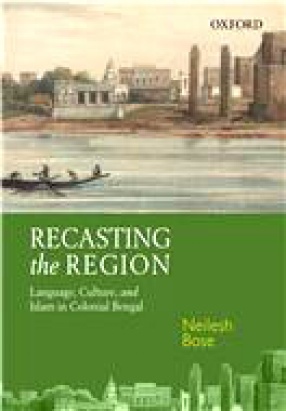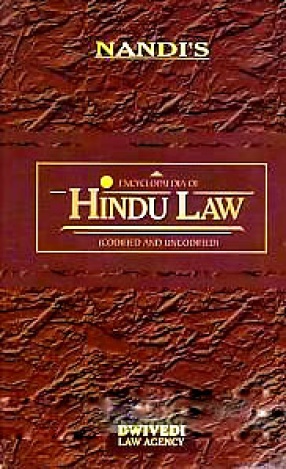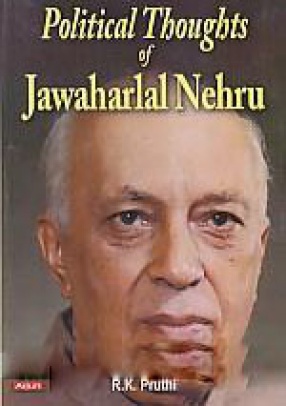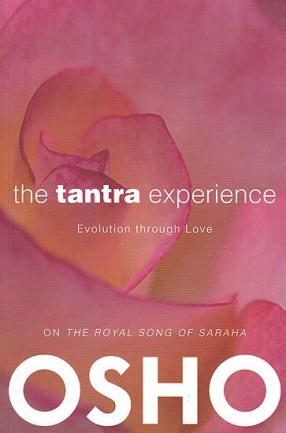Much is known and debated regarding the self-fashioning of bhadralok Hindus in Bengal in the late nineteenth and early twentieth centuries, and their responses to colonial rule. Not much is known, however, about the impact of literary and cultural history on the identity formation of Bengali Muslims in the first half of the twentieth century. For various constituencies of Bengali Muslims, how did Bengali intellectual traditions intersect with the idea of Pakistan in the years leading up to Partition? What role did the Bengali language and its literature play in their political consciousness?
In the light of these questions Bose presents a comprehensive analysis of Muslim political mobilization in late colonial Bengal arguing that it did not emanate from north Indian calls for a separatist ‘Muslim’ state of Pakistan; rather, it emerged out of a sustained engagement with Bengali intellectual and literary traditions. Through a thorough analysis of the writings of Bengali Muslim politicians and intellectuals, the pursuit of folklore, literary modernism, and intellectual movements in both Dacca and Calcutta in the late colonial period, this book delves into the unexplored arena of the Bengali Muslim perspective.





There are no reviews yet.